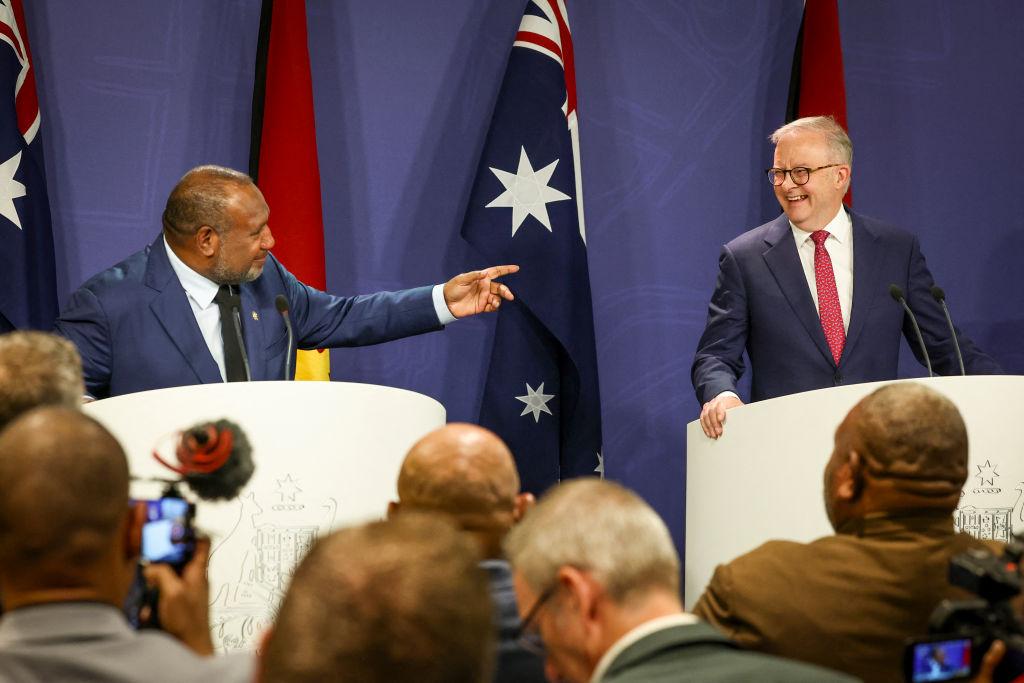U.S. trade representatives have urged Australia to scrap proposed laws that will make it the first country in the world to force tech giants to pay local media companies for news content.
Assistant Trade Representatives Daniel Bahar and Karl Ehlers called on the government not to rush the laws and to work towards developing a voluntary code if possible.
“There may also be long-lasting negative consequences for U.S. and Australian firms, as well as Australian consumers,” it continued.
The submission claimed the News Media Bargaining Code placed a highly prescriptive burden on the two tech giants, even when they had not violated existing laws.

Bahar and Ehlers also claimed Australia could potentially breach international trade obligations.
Dr. Rob Nicholls, associate professor at the University of New South Wales and competition law expert, said the trade representatives were tasked with advocating for U.S. businesses globally and their submission reflected that.
Further, the Media Code was simply part-and-parcel of international business.
“All sovereign states have rules for businesses. For example, McDonald’s is subject to the mandatory Franchising Code of Conduct in Australia. Such business rule changes are a result of action by the Executive balanced by the Legislature and enforced by the Judiciary in Australia, just as it is in the U.S.” he told The Epoch Times.
“Changes in regulatory burden are simply a normal part of doing business,” he said.
Nicholls also said the representatives did not identify specific free trade breaches by Australia.

“If there were such (free trade) issues, Australia would have complained about the “Clean Network” policy in the context of the U.S.–Australia Free Trade Agreement, as this places a regulatory burden on Australian telecommunications businesses,” he said.
The call by the trade representatives for Australia to reel in efforts to contain the tech giants, stands in stark contrast to moves from other governments, including the United States, to rein in the power of Google and Facebook.
In response to the U.S. trade representatives’ submission, Treasurer Josh Frydenberg told Reuters that Australia would push on with the code to address “the bargaining power imbalances with digital platforms and media companies.”
Previously, the tech giants generated web traffic and engagement by displaying news content at no cost. In turn, they monetised the traffic by selling advertising.
The Code, which was unveiled following an 18-month investigation revealed the tech giants wielded tremendous market power to the detriment of news publishers and journalism in Australia.





